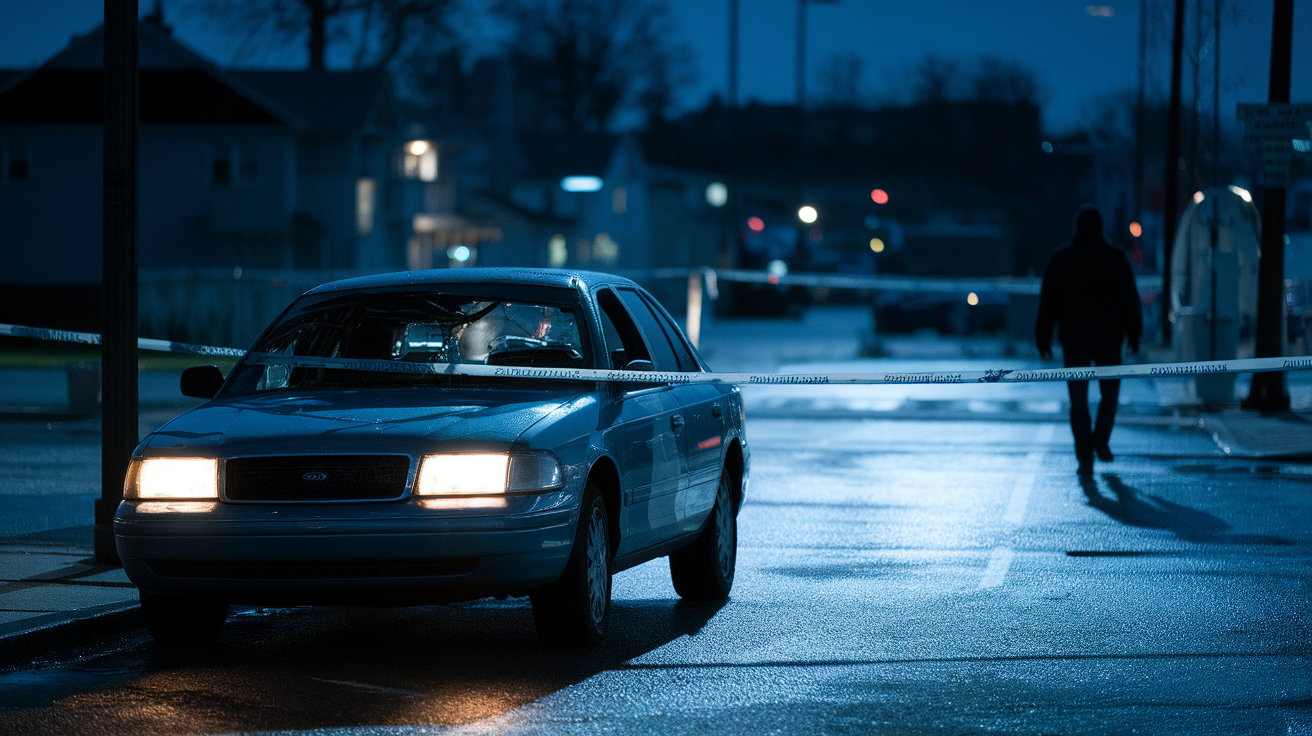Picture a quiet street on the Southwest Side suddenly shattered by the boom of a shotgun. That's what unfolded when a man was rushed to the hospital after a blast to the head left him fighting for his life.
Now in stable condition, he's chosen not to talk to police, sparking a whirlwind of questions and debates.
Some folks see his silence as a personal choice, maybe born from fear or mistrust of authorities. Others argue it blocks justice, leaving a dangerous shooter on the loose and the neighborhood on edge.
This eerie quiet after such a loud crime has residents split, wondering if keeping secrets protects individuals or puts everyone at risk.
The incident happened under the cover of night, with reports of a heated argument turning deadly. Emergency crews found the victim wounded but alive, and quick medical care stabilized him.
Investigators are piecing together clues, but without his story, they're stuck chasing shadows.
Supporters of his decision point to past cases where talking to cops led to more trouble, saying people have rights to stay quiet for their own safety.
Critics, though, say cooperation is key to solving crimes and keeping streets safe, especially in areas already dealing with violence.
This standoff highlights tensions between personal privacy and community security, leaving many to debate the best path forward.
Fear or Foul Play? Why the Victim's Hush Has Neighbors Talking
Peel back the layers, and the divide gets clearer. Community members who back the silence share worries about retaliation or flawed investigations that could wrongly accuse innocents.
They believe forcing someone to speak ignores deeper issues like trust in the system.
On the other hand, those pushing for answers argue that every detail counts in catching culprits and preventing more harm.
Imagine living next door, not knowing if the shooter will strike again; that fear fuels calls for openness.
This clash stirs up broader talks about how silence in crimes affects everyone, from families to first responders, and if it slows down efforts to build safer spots.
Local voices amplify the drama. Friends and neighbors whisper about possible motives, from personal grudges to random acts, while others rally for more police presence to ease anxieties.
As the case lingers, it shines a light on challenges like witness reluctance and the push for better community ties with law enforcement.
Experts in crime and safety note that understanding these dynamics can lead to smarter ways to encourage sharing info without pressure.
Can Quiet Cases Crack Open or Stay Sealed Forever?
This shocking event raises big questions about healing and justice in tight-knit areas. Will the victim speak up eventually, or will the mystery deepen?
It underscores the need for trust-building steps that make people feel safe to share. Knowledgeable folks in law and community work emphasize fair probes and support systems to bridge gaps.
Whatever unfolds, this shotgun saga reminds us how one silent voice can echo through a whole neighborhood, stirring calls for change.

